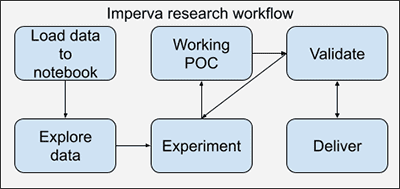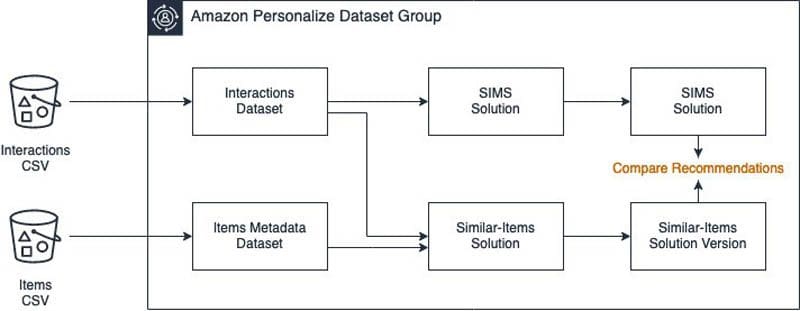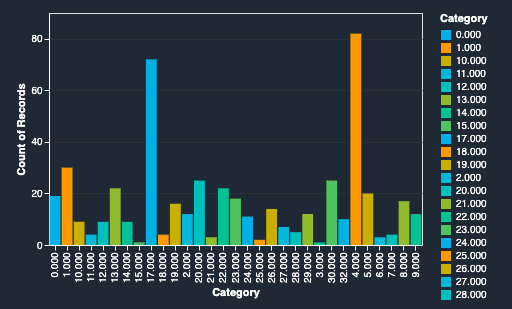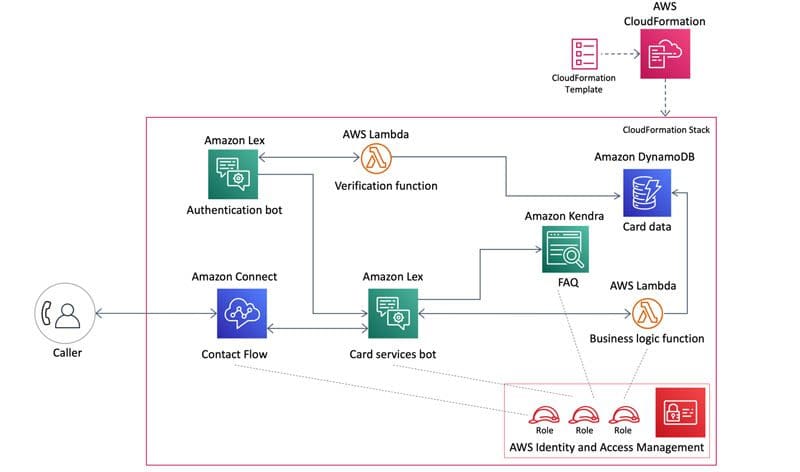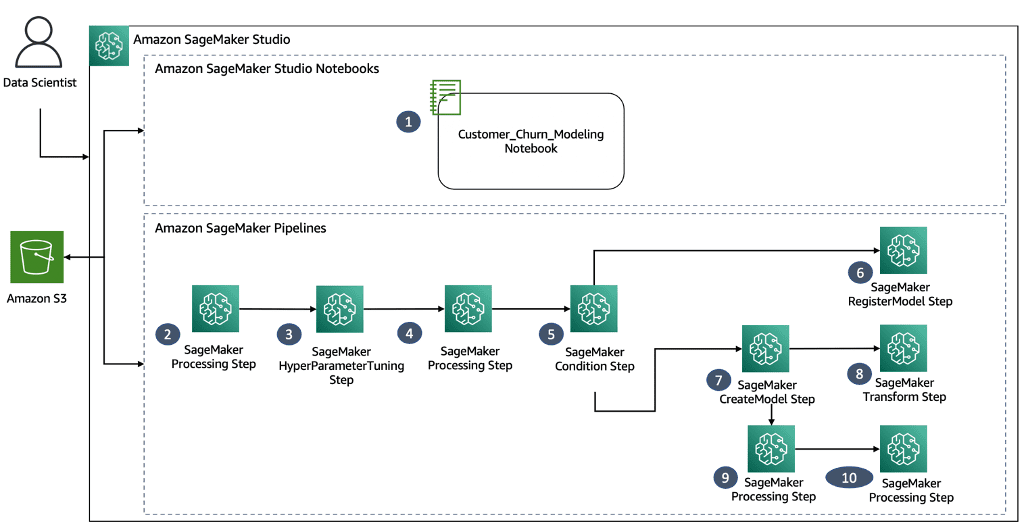Favorite This post is co-written by Ian Avilez and Tim Pavlick from HawkEye 360. HawkEye 360 is a commercial radio frequency (RF) constellation, data, and analytics provider. Their signals of interest include very high frequency (VHF) push-to-talk radios, maritime radar systems, Automatic Identification System (AIS) beacons, emergency beacons, and more.
Read More
 Shared by AWS Machine Learning October 15, 2021
Shared by AWS Machine Learning October 15, 2021
Favorite This week we sat down for an interview with Qubit the dog, whose human Julian Kelly is one of our lead Research Scientists with Google Quantum AI. Qubit was born in 2012, right when Julian and team were first designing the qubits that now underlie Google’s quantum computers. He
Read More
 Shared by Google AI Technology October 15, 2021
Shared by Google AI Technology October 15, 2021
Favorite This is a guest post by Imperva, a solutions provider for cybersecurity. Imperva is a cybersecurity leader, headquartered in California, USA, whose mission is to protect data and all paths to it. In the last few years, we’ve been working on integrating machine learning (ML) into our products. This
Read More
 Shared by AWS Machine Learning October 14, 2021
Shared by AWS Machine Learning October 14, 2021
Favorite The University of Maryland, Baltimore County’s Bina lab is a multidisciplinary research lab for employing advanced computer vision, machine learning (ML), and remote sensing techniques to discover new knowledge of our environment, especially in the Arctic and Antarctic regions. The lab’s work is supported by NSF BIGDATA awards (IIS-1947584,
Read More
 Shared by AWS Machine Learning October 14, 2021
Shared by AWS Machine Learning October 14, 2021
Favorite Today, we’re excited to announce a new similar items recommendation recipe (aws-similar-items) in Amazon Personalize that helps you leverage your users’ interaction histories and what you know about the items in your catalog to deliver relevant recommendations. Across Amazon, we provide personalized experiences for each of our users, and
Read More
 Shared by AWS Machine Learning October 14, 2021
Shared by AWS Machine Learning October 14, 2021
Favorite When companies deal with data that comes from various sources or the collection of this data has changed over time, the data often becomes difficult to organize. Perhaps you have product category names that are similar but don’t match, and on your website you want to surface these products
Read More
 Shared by AWS Machine Learning October 13, 2021
Shared by AWS Machine Learning October 13, 2021
Favorite New trends are shaping the credit card industry as shopping habits have rapidly evolved over the last 18 months. The pandemic has accelerated the move away from cash towards cards. Card issuers are transforming their products to better serve cardmembers through innovations such as contactless payments and mobile wallet.
Read More
 Shared by AWS Machine Learning October 12, 2021
Shared by AWS Machine Learning October 12, 2021
Favorite As you plan your new Amazon Lex application, the following conversation design best practices can help your team succeed in creating a great customer experience. In our previous post, we discussed how to create the foundation for good conversation design. We explored the business value of good conversational design
Read More
 Shared by AWS Machine Learning October 12, 2021
Shared by AWS Machine Learning October 12, 2021
Favorite Amazon SageMaker is a fully managed service that enables developers and data scientists to quickly and easily build, train, and deploy machine learning (ML) models at any scale. Typically, you can use the pre-built and optimized training and inference containers that have been optimized for AWS hardware. Although those
Read More
 Shared by AWS Machine Learning October 12, 2021
Shared by AWS Machine Learning October 12, 2021
Favorite The ability to predict that a particular customer is at a high risk of churning, while there is still time to do something about it, represents a huge potential revenue source for every online business. Depending on the industry and business objective, the problem statement can be multi-layered. The
Read More
 Shared by AWS Machine Learning October 11, 2021
Shared by AWS Machine Learning October 11, 2021

![]() Shared by AWS Machine Learning October 15, 2021
Shared by AWS Machine Learning October 15, 2021

